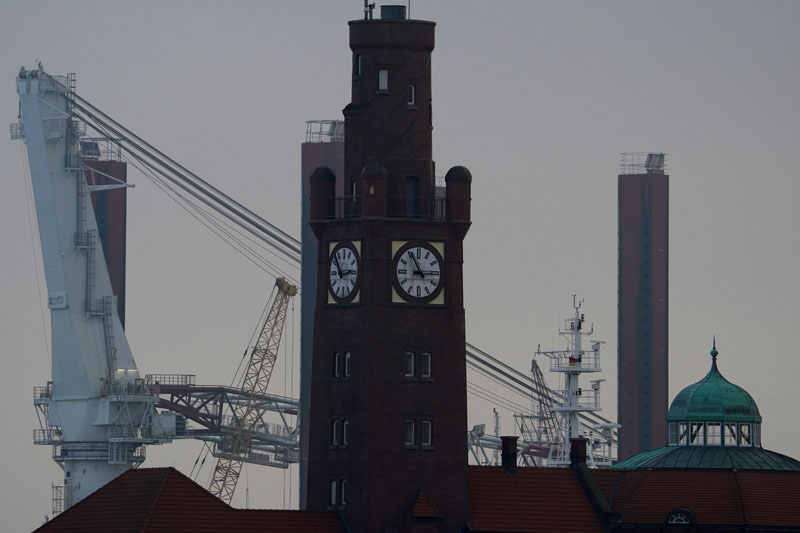
BRUSSELS: EU negotiator Michel Barnier told MEPs that it was "difficult but possible" to strike a post-Brexit trade deal with Britain by today, sources in the European Parliament said. Separately, political groups in the European Parliament warned that if they do not receive the text of a deal by Sunday they will not be able to ratify it before Britain leaves the single market on December 31. "Good progress, but last stumbling blocks remain. We will only sign a deal protecting EU interests and principles," Barnier tweeted after meeting leading MEPs.
According to three sources, Barnier told the leaders of the parliament's main political groups that a deal by Friday was "difficult but possible". He said Britain had accepted a mechanism to allow Brussels to respond if worker and environmental standards diverge in a way that affects fair competition. But he said Britain had not yet said how it would monitor its state subsidies for business-with the EU wanting stricter independent oversight.
And fisheries remain a point of dispute. Brussels has accepted that Britain will have sovereignty over its waters, and that London will set up a structure to assign quotas to EU boats. But the sides are arguing over how much fish Britain will gain and Europe insisting it improve its offer.
After briefing the heads of the European parliamentary groups, Barnier sat down once again with his British counterpart David Frost to press on with talks. Separately, EU Vice President Maros Sefkovic and senior UK minister Michael Gove were to hold a videoconference on the implementation of the existing Brexit withdrawal agreement. But time is running short to find a trade agreement for the future. Britain leaves the EU single market in just two weeks after an 11-month post-Brexit transition.
If there is no follow-on trade agreement, tariffs will be imposed on cross-Channel commerce, fuelling the economic disruption caused by London's departure. Any trade deal reached by Barnier and Frost will have to be approved by the EU and UK parliaments, and special sessions may have to be held in the final days of this year.
'Intolerable' uncertainty
The British parliament is to go into recess yesterday, but a UK government spokesman said it could be recalled to endorse a deal. But MEPs in Brussels warned that they must see the text of a deal by midnight on Sunday. If that is the case, they could hold an extraordinary session "towards the end of December", according to a statement from the leaders of the main political groups and parliament's committee on UK relations. Dacian Ciolos, head of the Renew centrist group said that the MEPs had given Johnson until Sunday to make a decision.
"The uncertainty hanging over citizens and businesses as a result of UK choices becomes intolerable," he said. Iratxe Garcia Perez, head of the center-left Socialists and Democrats bloc, warned: "We will not be rushed into a consent vote of the Brexit deal before the end of the year if we don't have access to the text by Sunday." "After that we cannot reasonably scrutinize the deal before the end of the year," warned Manfred Weber, leader of the conservative EPP bloc. - AFP










